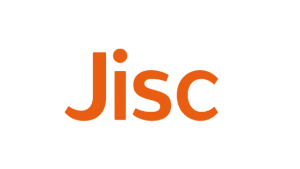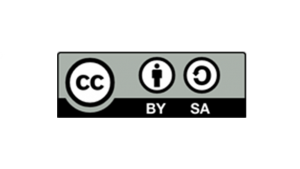Listening to the Student Voice
If we aim to develop the critical learning communities that we have explored in Study Area 3 it follows that the students we teach should play an important role in shaping the teaching and learning activities within those communities. This Study Area will address how we may most effectively draw on evidence based data to enhance our specific areas of practice by engaging students in curriculum design.
Areas of exploration include how:
In UK Higher Education the most well known collection of data is The National Student Survey (NSS) which forms part of the revised Quality Assurance Framework (QAF) for Higher Education and is carried out under the auspices of the Higher Education Funding Council. The aim of the survey is to gather feedback on the quality of students’ courses in order to contribute to public accountability as well as to help inform the choices of future applicants to Higher Education. The first NSS took place in 2005 and an analysis of the findings together with the questions asked can be found in the Reading Room.
Yet although final year students can now feed back on their experience of Higher Education, those who are still engaged in the process do not feel that they have a voice in curriculum development.
The National Union of Students Student Experience Report in 2008 found:
”In UK Higher Education the most well known collection of data is The National Student Survey (NSS) which forms part of the revised Quality Assurance Framework (QAF) for Higher Education and is carried out under the auspices of the Higher Education Funding Council. The aim of the survey is to gather feedback on the quality of students' courses in order to contribute to public accountability as well as to help inform the choices of future applicants to Higher Education. The first NSS took place in 2005 and an analysis of the findings together with the questions asked can be found in the Reading Room.
NUS Student Experience ReportNational Union of Students, 2008.
Yet although final year students can now feed back on their experience of Higher Education, those who are still engaged in the process do not feel that they have a voice in curriculum development.
A year later in 2009 The Open University’s Centre for Higher Education Research and Information was commissioned by the Higher Education Funding Council for England (HEFCE), to explore the extent and nature of student engagement in the Higher Education sector in England. The study was concerned with institutional and student union processes and practices – such as those relating to student representation and student feedback – which seek to inform and enhance the collective student learning experience, as distinct from specific teaching, learning and assessment activities that are designed to enhance individual students’ engagement with their own learning. These processes and practices usually provide the qualitative evidence based data that can enhance practice.
The study found that institutions view student engagement as central to enhancing the student experience, but the emphasis seems to be placed on viewing students as consumers. For student unions, the emphasis is on viewing students as partners in a learning community. The latter notion, the research found, seems to be stronger in certain subject areas than others and interestingly the report cites Art and Design and Performing Arts as examples.
The majority of HEIs and FE colleges in the study rated their student engagement processes – comprising a basic model of student feedback questionnaires and student representation systems – as reasonably or very effective; student unions were less likely to do so. Detailed discussions with staff and students within a diverse range of HE providers showed that actual practices vary between and within institutions and that their effectiveness could be improved.
The research team recommended:
- That institutions and student unions consider undertaking their own systematic review of the student engagement cycle, and in so doing establish their own measures of effectiveness – for monitoring and review purposes
- An exploration of the extent to which learning and teaching strategies may be used to clarify rationales for student engagement and assist in the process of reviewing the student engagement cycle. Any subsequent analysis undertaken of such institutional learning and teaching strategies might helpfully further inform discussion about the emergence (if any) of distinctive models of student engagement across the sector
- The development of networking opportunities for institutions/student unions to learn about effective practices in a range of institutions and relevant to a range of learner constituencies, in particular part-time students.
Study Rooms
By exploring the resources in this Study Area you can begin to consider how you might engage students more effectively in curriculum design and how you might involve them in the planning of classroom practice. The guidance notes in the Reading Room are taken from a project entitled Hearing the Student Voice. Through a ten-step approach you are guided to plan, implement and evaluate the involvement and impact of the student voice while ensuring that student engagement is both appropriate and protected. This might be an activity you record in your Reflective Portfolio.
Also in the Reading Room the Bain’s paper, “Integrating Student Voice: Assessment for Empowerment”, introduces assessment in the context of the pedagogic benefits of student engagement. This theme is further explored in the next Study Area.




